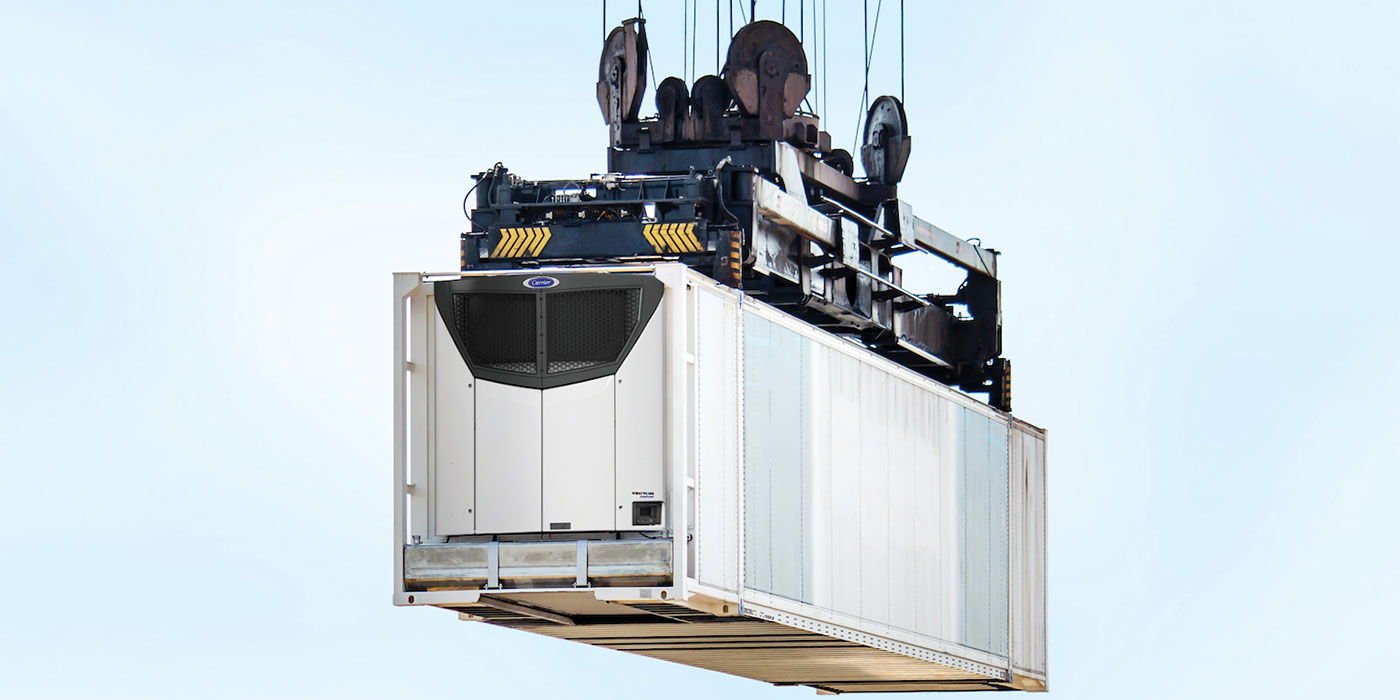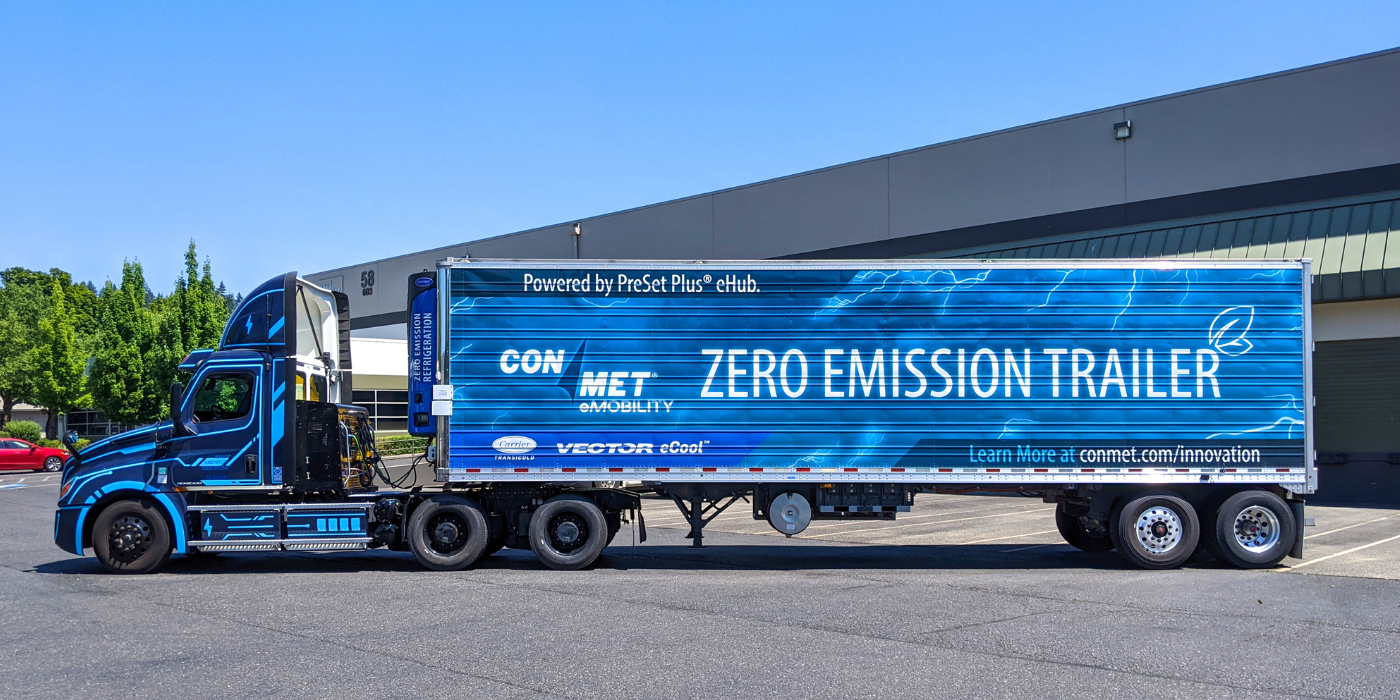According to Martin Duffy, vice president of sales and market development for Thermo King, “The volatility of diesel fuel prices over the last decade is a harsh reminder that refrigerated fleet operators cannot impact the price at the pump. What they can do is take advantage of new technologies and practices to reduce their fleets’ fuel consumption and mitigate the impact of rising per-gallon prices and improve their bottom-line performance.”
With the U.S. Energy Information Administration (EIA) projecting that diesel prices will continue to rise 1.6% per year through 2035, operators that move quickly to implement fuel-saving strategies will accrue the greatest benefit over time.
More efficient than ever
Refrigerated trucks and trailers have become more energy-efficient over the last decade because of improvements in design, insulation and, most importantly, refrigeration and control technology. Today’s transportation refrigeration units (TRUs) use less fuel than earlier generations of equipment. In fact, testing by Thermo King, a manufacturer of temperature control systems for a variety of mobile applications and a brand of Ingersoll Rand, shows that its most advanced TRUs are 10% to 30% more fuel-efficient than many earlier models, Duffy notes.
Advanced controls also have been a major contributor to fuel economy. Automated control systems enable refrigerated fleet operators to reliably maintain the optimum temperature for any given load. The system is able to automatically cycle the TRU through various operational modes to maintain the desired temperature, reducing fuel consumption by as much as 80%.
Fuel-saving innovations do not stop there. New smart solutions give refrigerated fleet operators the opportunity to squeeze even more fuel economy from their TRUs. The availability of data and sophisticated analytical and modeling tools give fleet operators and their customers the ability to determine the optimal setpoint and control parameters for each load. In its research, Thermo King found that increasing the setpoint by just 1 degree Fahrenheit can yield as much as a 2% improvement in TRU fuel efficiency.
These modeling tools take into account such variables as box size and insulation rating, load type and size, door openings, setpoint, restart temperature, operating mode and ambient temperature to enable operators and their customers to choose the optimum control parameters for a particular load.
New capabilities let operators and shippers ask, “What if?”
They also provide a highly accurate view of how changes in operating variables can impact TRU performance. The ability to do “what if?” modeling using multiple variables gives shippers and operators the information they need to have productive discussions and make sound, data-supported decisions to improve efficiency and reduce fuel costs, without sacrificing the safety and freshness of the cargo being transported.
Take the case of a load shipped at -10 degrees in a 53-ft. trailer with 150 heat resistance (UA) rating on an 80-degree day. If the shipper agrees to consider minor changes to achieve greater fuel economy, moving the setpoint from -10 to -5 degrees would result in an almost 10% reduction in fuel consumption. On the other hand, if the shipper specified a -15 degree setpoint in the belief that the load would be safer, more fuel would be consumed without necessarily creating any additional customer value.
Adjusting the restart temperature also can reduce fuel consumption. Using the same load as in the previous example with the setpoint at -10 degrees, moving the restart temperature from 5 degrees to 9 degrees would deliver an additional 10% fuel savings.
Modeling tools can be used to show the effect of making changes to several operational parameters simultaneously. For instance, in this example, if the shipper agrees to change the setpoint temperature to -7 degrees and the restart temperature to 7 degrees, a 10% fuel savings can be achieved from the base condition of -10 degree setpoint and 5 degree restart, Duffy adds.
Better data, better performance
Refrigerated fleet operators are constantly looking for ways to improve operations, reduce costs and leave a smaller environmental footprint while still meeting the ever-increasing demands of their customers and consumers.
Technology advances, sophisticated modeling software and analytics, and access to data have enabled a more intelligent, information-driven approach to choosing the optimal operating parameters for any given load, reducing fuel consumption and keeping TRUs running efficiently.



